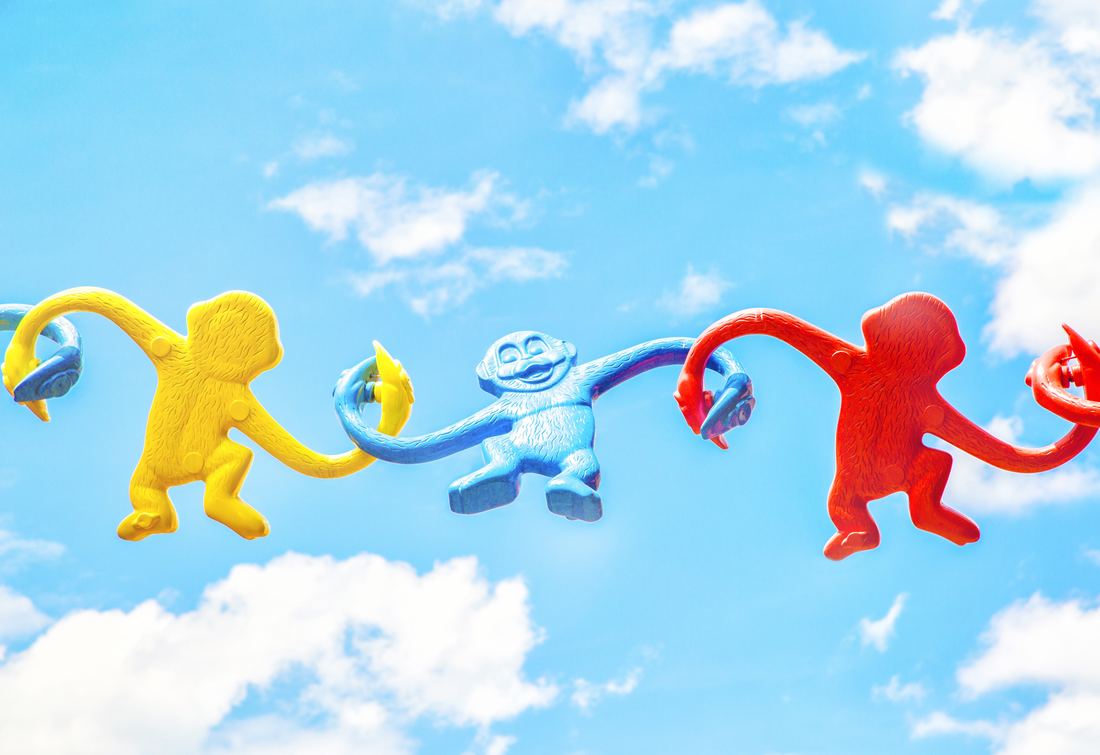|
School holidays have started. It’s likely to be cold and wet outside. You may be heading away for a cold weather holiday or to a tropical destination for some sunshine. Maybe you are staying at home with a mix of school holiday programs for the children or parents/other caregivers are providing entertainment during the break from school. No matter what you are doing it is likely that you may experience a combination of wonderful fun times together along with some tricky moments.
It is sometimes hard to understand why these tricky moments arise when children are enjoying a break from the usual routines of school. The simplest explanation for this is change or transition. Any change in routine or transition from one kind of activity to another has the potential to cause us difficulty. If we put on our behavioural psychology hat, we can get some more perspective on what’s happening. Human beings’ behaviour is dependent on environment. In other words, where we are determines how we behave. In adult terms, the way we behave at the pub with our friends is very different from the way we behave at a funeral with the same set of friends. Children are exactly the same. The way they behave at school is different from the way they behave at home, or on the ski slopes or on the beach or at a holiday program or at their grandparents home. Whilst adults (mostly) have learned and had opportunities to practice this change in behaviour children are still learning these skills. So how do we make sure that the wonderful, fun times outweigh the tricky moments? Planning and preparation is a great place to start. Talking with your children about what to expect from their holiday is key. Giving them multiple opportunities to talk about what will happen and to ask questions will help them organise in their own minds how they will behave and manage the changes. If you have a child who finds these kinds of changes very difficult you might even try a little role playing. This will given them a chance to practice how they might behave on an airplane or at the school holiday program. If you are heading away to a destination for a holiday looking at photos and videos of the new place can also be helpful and can support conversation. Discussing the more challenging parts of a trip or new experience can also be very useful. Remember to describe them positively and provide solutions. For example, airline travel can be stressful. Explaining the processes and that at times there might be waiting involved or you may have to stay in a seat with a seatbelt on for an extended period of time is helpful. Remind children that there are benefits such as watching movies or playing games on airplanes and that the big pay-off is the fun to be had at the new destination. Travelling successfully with children is a whole other blog post I think! Once the holiday has started look for those moments when your child is managing the transition well and give them plenty of praise and acknowledgement for this. Remember to keep the praise genuine and describe the behaviour that they are doing well so they are clear about what you think is good. If things don’t go well remember to be patient and give your child some ideas about how it might go better next time. Modeling this yourself is a good idea. If you make a mistake managing a change in routine, talk through how you might manage the situation for the moment and how you might do things differently next time. For example, if you are running late to drop your child off at the school holiday programme, instead of berating yourself for running late, catastrophizing that the whole day will now be ruined because you are going to be late for your first work meeting, instead acknowledge that it’s not great to be running late but it’s not a disaster and that tomorrow you will make sure to leave a little earlier. You could problem solve with your child about what could be done differently so you can leave a little earlier. You could talk about possible solutions such as letting people know you are running late, reducing the length of some meetings, rescheduling or shortening scheduled breaks. If you aren’t able to model this kind of behaviour at the time (I’m a parent too and have done my fair share of screaming up the stairs to get a child out of bed because we are running late then driving in silence to our destination because I’m so het up about being late) then try to model how you got over this kind of upset when you are feeling calmer. Talk to your kids about the fact that you became upset and didn’t necessarily behave in the best way then talk about how you would do things differently next time. Although this blog post has mainly been about managing tricky moments my hope is that you all enjoy your school holiday with your children whether you are on holiday with them or not. Look forward to hearing about their triumphs and the fun activities they have been busy with in this short break from the school routines. Have fun with them and celebrate the joy children take in the freedom of school holidays.
0 Comments
|
AuthorRobyn Stead, Child Psychologist and Educator, lives and works in central Auckland. Archives
March 2022
Categories
All
|


 RSS Feed
RSS Feed
